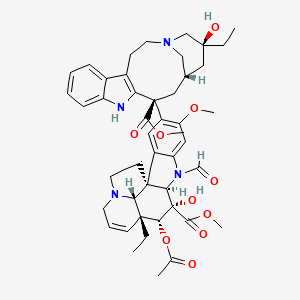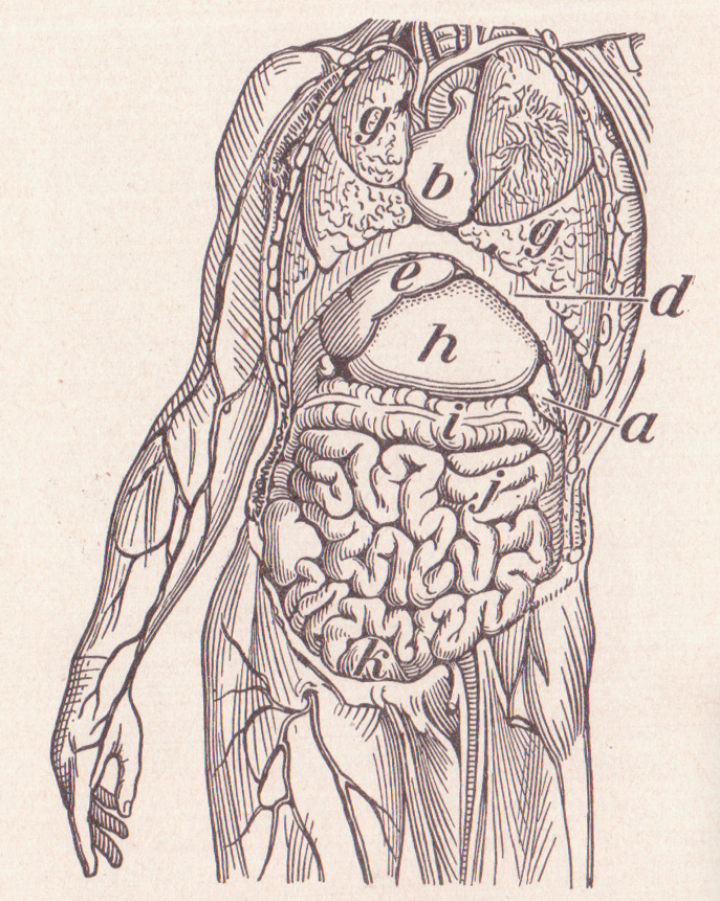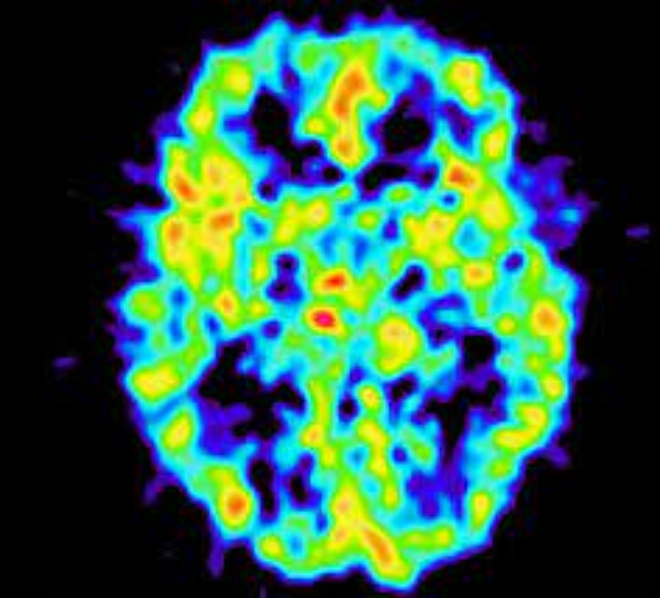|
Name: Vincristine
Type: Chemotherapeutic agent
AKA: Vinblastine, Periwinkle

|
|
II. Natural Derivative

|

|
|
IV. History
Vincristine, an alkaloid chemotherapeutic agent, was derived from the Vinca rosea plant in the 1960s. It is used to treat various cancers, including leukemia and lymphomas. Its development marked a significant advancement in cancer treatment.

|
|
V. Legal Information
Vincristine is a chemotherapy drug used in cancer treatment. It is not classified as a controlled substance but is regulated to ensure proper use in medical settings. [Source: UNODC].
Key US Federal Policies:
The FDA regulates vincristine and vinblastine as chemotherapeutic agents, ensuring they are prescribed and administered safely.
|
|
VI. Physical Effects
Vincristine is a chemotherapeutic drug used in cancer treatment. It affects cellular processes, potentially causing reduced heart rate and nausea. Short-term use is effective against cancer, but long-term use may lead to peripheral neuropathy and other side effects. Overdose risks include severe neurological damage and potential death. Safe use involves close medical supervision. Recent research focuses on its effectiveness and associated risks with prolonged use.  |
|
VII. Psychological Effects
Vincristine, a chemotherapy agent, primarily affects cancer cells but may have secondary effects on mood and cognition due to its neurotoxic properties. Immediate effects include fatigue and mood changes, with potential long-term impacts on cognition and mental health. Research focuses on managing cognitive side effects and mood disturbances associated with chemotherapy.
 |
|
VIII. Culture
Vincristine is a chemotherapy drug used in the treatment of cancer. Its cultural significance is tied to its role in improving cancer patient outcomes and its impact on cancer therapy. Media coverage often highlights its effectiveness in treating various cancers and the challenges of managing side effects. Vincristine is used medicinally and is part of broader discussions about cancer treatment and drug development.
 |
